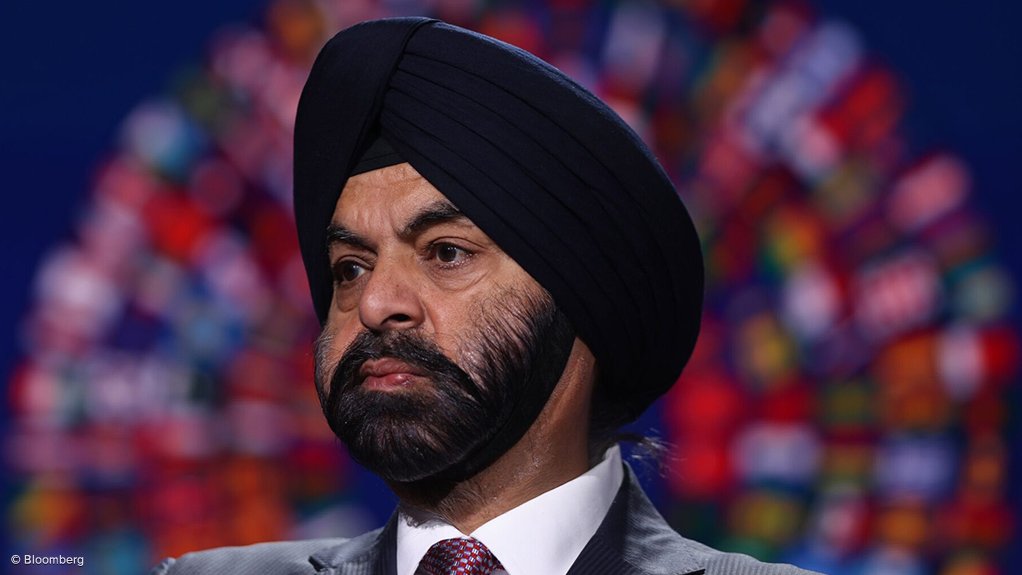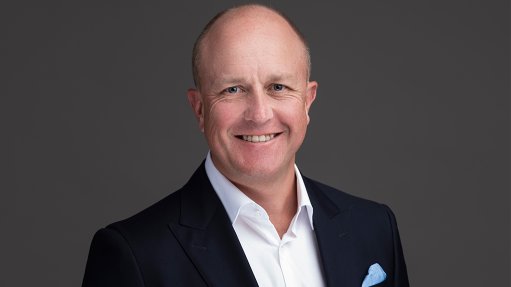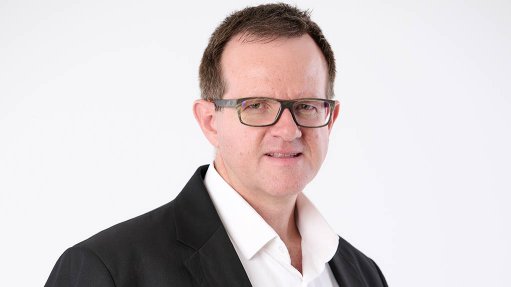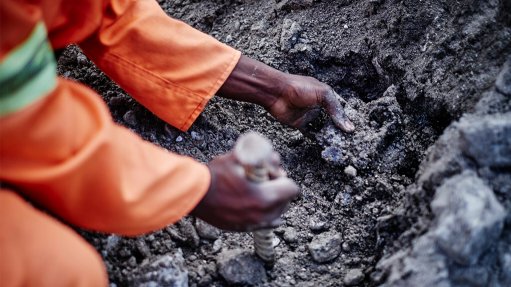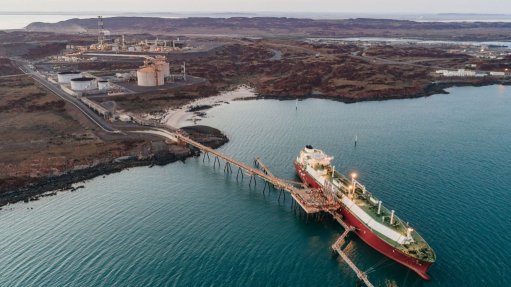World Bank to end ban on nuclear energy projects, still debating upstream gas
The World Bank's board has agreed to end a longstanding ban on funding nuclear energy projects in developing countries as part of a broader push to meet rising electricity needs, the bank's president Ajay Banga said on Wednesday.
Banga outlined the bank's revised energy strategy in an email to staff after what he called a constructive discussion with the board on Tuesday. He said the board was not yet in agreement on whether the bank should engage in funding the production of natural gas, and if so, under what circumstances.
The global development bank, which lends at low rates to help countries build everything from flood barriers to railroads, decided in 2013 to stop funding nuclear power projects. It announced in 2017 it would stop funding upstream oil and gas projects beginning in 2019, although it would still consider gas projects in the poorest countries.
The nuclear issue was agreed fairly easily by board members, but several countries, including Germany, France and Britain, did not fully support changing the bank's approach to embrace upstream natural gas projects, sources familiar with the discussion said.
"While the issues are complex, we've made real progress toward a clear path forward on delivering electricity as a driver of development," Banga said, adding that further discussion was required on the issue of upstream gas projects.
Banga has championed a shift in the bank's energy policy since taking office in June 2023, arguing the bank should pursue an "all of the above" approach to help countries meet rising electricity needs and advance development goals.
In his memo, he noted that electricity demand was expected to more than double in developing countries by 2035, which would require more than doubling today's annual investment of $280-billion in generation, grids and storage.
The Trump administration has been pushing hard for ending the ban on nuclear energy projects since taking office.
The US is the bank's single largest shareholder - at 15.83%, followed by Japan with 7% and China with close to 6% - and the bank's decision to broaden its approach to energy projects will likely please President Donald Trump, who withdrew the U.S. from the Paris Climate Agreement and its emission-reduction targets as one of his first acts in January.
Twenty-eight countries already use commercial nuclear power, with ten more ready to start and another ten potentially ready by 2030, according to the Energy for Growth Hub and Third Way.
Banga said the World Bank Group would work closely with the International Atomic Energy Agency to strengthen its ability to advise on nuclear non-proliferation safeguards, safety, security and regulatory frameworks.
The bank would support efforts to extend the life of existing nuclear reactors, along with grid upgrades. It would also work to accelerate the potential of small modular reactors.
ENERGY MIX
Trump administration officials and some development experts say developing countries should not be blocked from using inexpensive power to expand their economies while advanced economies like Germany continue to burn fossil fuels.
But climate activists worry that funding more nuclear and natural gas projects will divert funds away from urgently needed efforts by developing countries to adapt to climate change and benefit from abundant alternative energy sources such as solar.
"Net zero does not mean fossil fuel free. It means, still, that there will be 20% energy coming from fossil fuels," said Mia Mottley, prime minister of Barbados. "We know natural gas is that clean fuel."
Banga said the bank's revised strategy would allow countries to determine the best energy mix, with some choosing solar, wind, geothermal or hydroelectric power, while others might opt for natural gas or, over time, nuclear.
He said the bank would continue to advise on and finance midstream and downstream natural gas projects when they represented the least-cost option, aligned with development plans, minimized risk and did not constrain renewables.
The bank would further study evolving technologies like carbon capture and ocean energy, Banga said, adding it aimed to simplify reviews and approvals.
Banga said the bank would continue advising on and financing the retirement of coal plants, supporting carbon capture for industry and power generation, but not for enhanced oil recovery, which can typically secure commercial financing.
Article Enquiry
Email Article
Save Article
Feedback
To advertise email advertising@creamermedia.co.za or click here
Announcements
What's On
Subscribe to improve your user experience...
Option 1 (equivalent of R125 a month):
Receive a weekly copy of Creamer Media's Engineering News & Mining Weekly magazine
(print copy for those in South Africa and e-magazine for those outside of South Africa)
Receive daily email newsletters
Access to full search results
Access archive of magazine back copies
Access to Projects in Progress
Access to ONE Research Report of your choice in PDF format
Option 2 (equivalent of R375 a month):
All benefits from Option 1
PLUS
Access to Creamer Media's Research Channel Africa for ALL Research Reports, in PDF format, on various industrial and mining sectors
including Electricity; Water; Energy Transition; Hydrogen; Roads, Rail and Ports; Coal; Gold; Platinum; Battery Metals; etc.
Already a subscriber?
Forgotten your password?
Receive weekly copy of Creamer Media's Engineering News & Mining Weekly magazine (print copy for those in South Africa and e-magazine for those outside of South Africa)
➕
Recieve daily email newsletters
➕
Access to full search results
➕
Access archive of magazine back copies
➕
Access to Projects in Progress
➕
Access to ONE Research Report of your choice in PDF format
RESEARCH CHANNEL AFRICA
R4500 (equivalent of R375 a month)
SUBSCRIBEAll benefits from Option 1
➕
Access to Creamer Media's Research Channel Africa for ALL Research Reports on various industrial and mining sectors, in PDF format, including on:
Electricity
➕
Water
➕
Energy Transition
➕
Hydrogen
➕
Roads, Rail and Ports
➕
Coal
➕
Gold
➕
Platinum
➕
Battery Metals
➕
etc.
Receive all benefits from Option 1 or Option 2 delivered to numerous people at your company
➕
Multiple User names and Passwords for simultaneous log-ins
➕
Intranet integration access to all in your organisation



